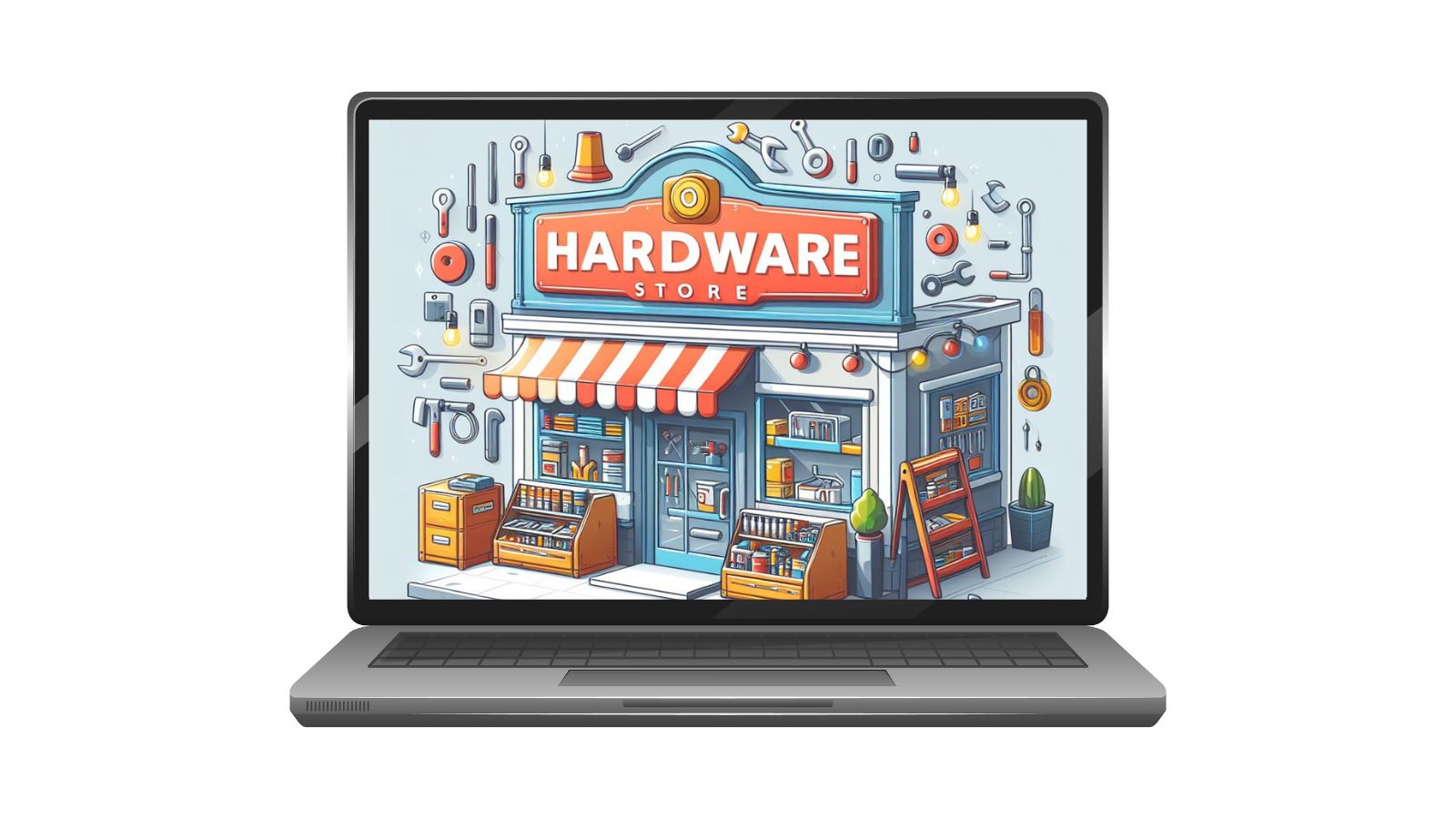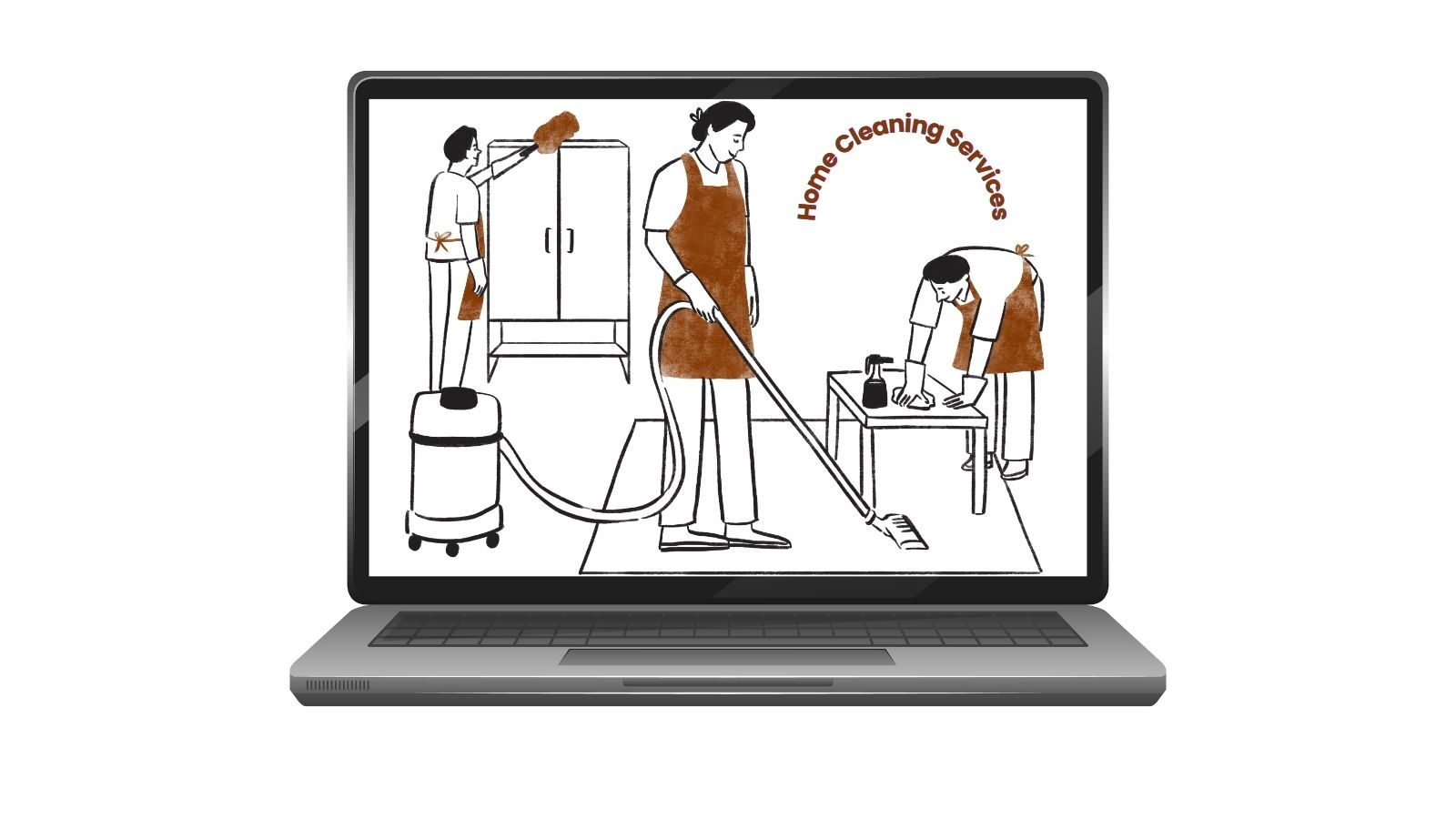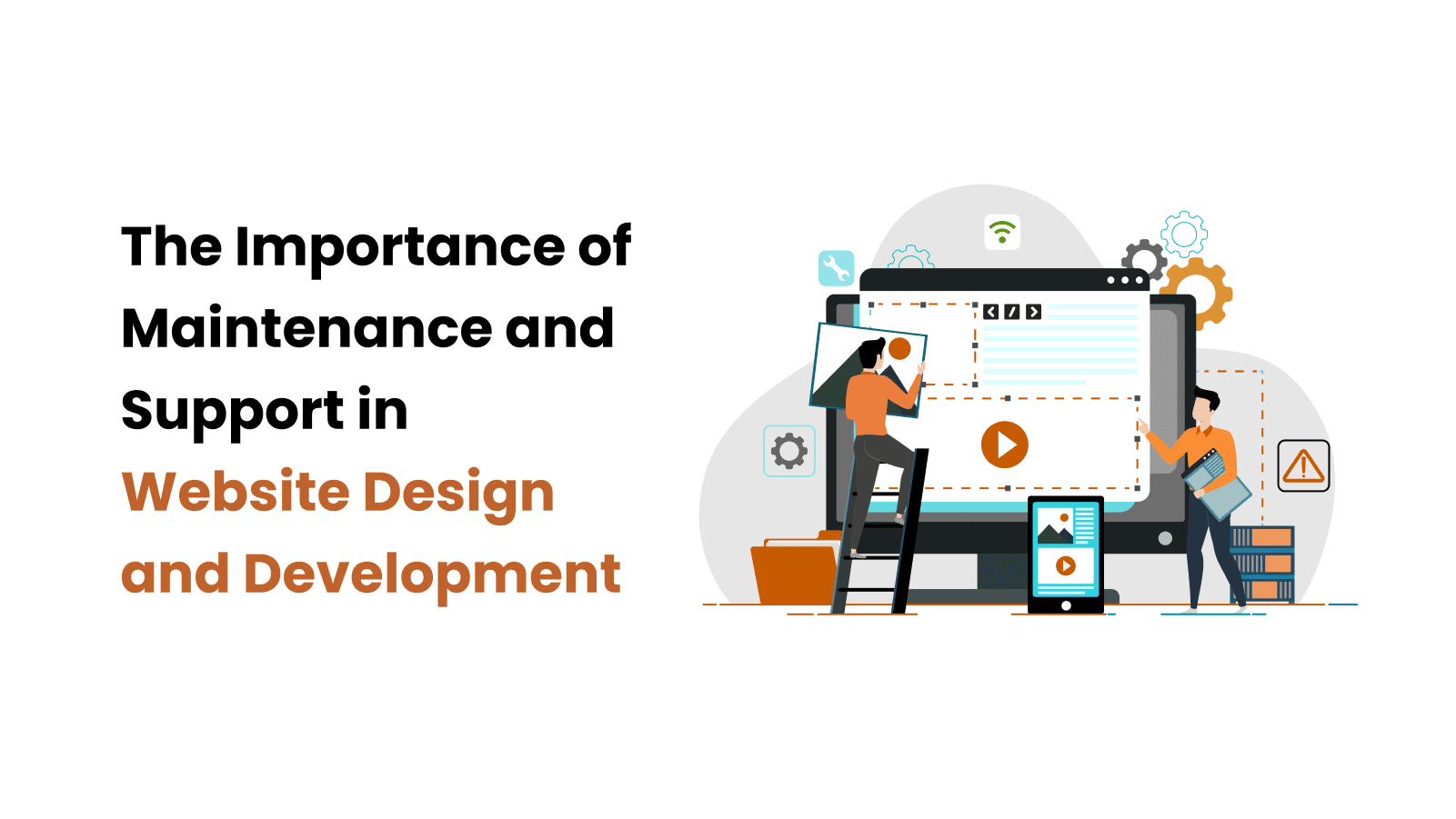
Looking to develop a hardware store website? Understanding the costs involved is crucial. In this blog post, we will discuss how much it typically costs to develop a hardware store website. From design to functionality, we'll break down the key factors that influence the overall cost. By the end, you'll have a clearer picture of what to expect when budgeting for your hardware store website development project. Let's dive in. A well-developed website is crucial for hardware stores in today's digital age. Here are several reasons highlighting the importance of a strong online presence for hardware retailers: A well-developed website for a hardware store is more than just an online presence; it's a strategic tool for marketing, customer engagement, and expanding your business in the modern marketplace. Here are the various types of hardware store websites: These platforms allow customers to browse, select, and purchase hardware products online. They often feature secure payment gateways and shopping carts for a seamless shopping experience. Hardware stores may create websites that focus on providing valuable information, such as DIY guides, product reviews, tutorials, and tips for home improvement projects. Websites for local hardware stores might primarily serve as an online extension of their physical stores, providing details like store hours, location information, and contact details. Catalog-style websites showcase the store's product inventory with detailed descriptions, specifications, and high-quality images to give customers an overview of available products. Some hardware stores use their websites to foster community engagement, incorporating forums, discussion boards, or community blogs where customers and DIY enthusiasts can share experiences and ask questions. Educational hardware store websites focus on providing in-depth information about various hardware products and their applications. This may include video tutorials, product demonstrations, and guides. With the increasing use of mobile devices, hardware stores may prioritize developing mobile-responsive websites to ensure a seamless and user-friendly experience across different screen sizes. Hardware stores often integrate social media features into their websites, including social sharing buttons, customer reviews, and feeds from their social media accounts to encourage interaction and sharing. Some hardware store websites provide online support services, such as live chat, FAQs, and customer support forms, to address customer queries and concerns in real time. Hardware stores may create specific landing pages for promotions, discounts, or seasonal offers. These pages focus on driving sales by showcasing limited-time deals and encouraging customers to take advantage of special offers. The type of hardware store website chosen depends on the store's objectives, target audience, and the desired level of online engagement. Often, a combination of these types may be used to create a comprehensive online presence. Creating an effective hardware store website requires incorporating essential features to enhance the user experience, showcase products, and facilitate online transactions. Here are the key features of a hardware store website: Intuitive navigation with clear categories and a well-organized menu helps customers easily find the products they are looking for. A robust search bar allows customers to quickly locate specific products, enhancing the overall user experience. A comprehensive and well-organized product catalog with detailed descriptions, specifications, and high-quality images provides customers with the information they need to make informed decisions. For online sales, integrate a secure and user-friendly e-commerce platform, including a shopping cart, secure checkout process, and various payment options. Ensure the website is mobile-responsive and provides a seamless experience for users accessing the site from different devices, including smartphones and tablets. Incorporate a system for customer reviews and ratings to build trust and help potential buyers make informed purchasing decisions. Display contact information, including a contact form, email address, and phone number to facilitate customer inquiries and support. Provide details about physical store locations, opening hours, and any additional services offered in-store. Include educational content such as DIY guides, tutorials, and tips to engage customers and position the store as an authority in the hardware industry. Highlight ongoing promotions, discounts, or special offers on the homepage or through dedicated landing pages to attract and retain customers. Integrate social media buttons and feeds to encourage sharing and interaction. This will help you build a community around your brand. Implement a secure payment gateway to ensure the safety of customer transactions, instilling confidence in online shoppers. Offer responsive customer support through channels such as live chat, email, or a customer support form to address inquiries and concerns promptly. Provide an option for visitors to subscribe to newsletters to receive updates on new products, promotions, and relevant industry news. Ensure the website has an SSL certificate to encrypt data and provide a secure browsing experience, especially during online transactions. By incorporating these essential features, a hardware store website can effectively cater to the needs of customers, whether they are looking for information, making purchases, or seeking assistance. The cost of developing a hardware store website can vary significantly based on several factors. Here are the key factors that can influence the overall website development cost: The complexity of the website, including the number of pages, features, and functionalities, directly impacts the development cost. E-commerce websites with advanced features tend to be more complex and, therefore, more expensive. The complexity and sophistication of the website design can influence costs. Custom designs, intricate layouts, and unique graphics may require more time and resources, impacting the overall development budget. If the hardware store website includes e-commerce functionality for online transactions, the development cost is likely to be higher. Implementing a secure and efficient e-commerce system involves additional development work. Choosing a CMS can affect costs. Custom CMS solutions or highly customized platforms may require more development time and resources than popular and readily available CMS platforms like WordPress, which can be more cost-effective. Ensuring that the website is responsive, meaning it functions well on various devices and screen sizes, can impact costs. Mobile optimization adds an extra layer of development work. Integrating additional features such as product reviews, search functionalities, live chat, and social media feeds can contribute to the overall cost. Each added feature may require additional development time and effort. If the hardware store website requires integration with third-party services or APIs, such as payment gateways, shipping services, or inventory management systems, this can increase the development cost. Implementing robust security measures, including SSL certificates and secure payment gateways, adds to the development cost. Security is crucial, especially for e-commerce websites dealing with sensitive customer information. The level of customization required for the website, including unique functionalities tailored to specific business requirements, can impact costs. Custom development work often requires more time and expertise. The creation of high-quality content, including product descriptions, images, and other multimedia elements, can influence costs. Professional content creation may require additional budgeting. Thorough testing and quality assurance processes are essential to ensure the website functions correctly. The more rigorous the testing requirements, the more time and resources will be needed, affecting costs. Budget considerations should also include ongoing maintenance and support costs. Regular updates, bug fixes, and support services contribute to the overall cost of website ownership. If there's a tight timeline or urgency to launch the website quickly, developers may need to allocate additional resources, potentially increasing the overall cost. Considering these factors during the planning phase can help businesses make informed decisions about their hardware store website development budget. It's essential to work closely with a professional hardware store website development company to align project requirements with available resources and financial considerations. The average cost range for hardware store website development can vary widely based on factors such as complexity, features, design, and the development approach. Here's a general breakdown: Agencies offer pre-built templates for hardware stores with basic e-commerce functionality. Cost: $1,000-$5,000. Freelancers and agencies can create a website with your desired branding and essential features like product listings and checkout. Cost: $5,000-$15,000. Complex features like inventory management, personalized recommendations, or integrations with specific hardware suppliers significantly increase costs. Cost: $15,000-$60,000+. The cost of developing a hardware store website varies, averaging $1,000 to $60,000. Consider factors like e-commerce capabilities, mobile responsiveness, and ongoing maintenance costs for a professional and successful online presence. Ready to elevate your Hardware Store online experience? Reach out to IIH Global today! Should you have questions or are ready to dive in, email us at sales@iihglobal.com, and let's make your vision a reality.The Importance of Having a Well-developed Website For Hardware Stores
Digital Storefront:
Increased Visibility:
Product Showcase:
Convenient Shopping Experience:
Information Hub:
Online Sales and Promotions:
Customer Engagement:
Mobile Accessibility:
Social Media Integration:
Competitive Edge:
Types of Hardware Store Websites
1) E-commerce Websites:
2) Informational Websites:
3) Local Business Websites:
4) Catalog-style Websites:
5) Community Engagement Websites:
6) Educational Platforms:
7) Responsive Mobile Websites:
8) Social Media Integrated Websites:
9) Online Support Platforms:
10) Promotional Landing Pages:
Essential Features For Hardware Store Websites
User-Friendly Navigation:
Search Functionality:
Product Catalog:
E-commerce Functionality:
Mobile Responsiveness:
Customer Reviews and Ratings:
Contact Information:
Store Information:
DIY Guides and Tutorials:
Special Offers and Promotions:
Social Media Integration:
Secure Payment Gateway:
Responsive Customer Support:
Newsletter Subscription:
SSL Certificate:
Factors Affecting Hardware Store Website Development Cost
(1) Website Complexity:
(2) Design Complexity:
(3) E-commerce Functionality:
(4) Content Management System (CMS):
(5) Responsive Design:
(6) Integration of Features:
(7) Third-Party Integrations:
(8) Security Requirements:
(9) Customization Needs:
(10) Content Creation:
(11) Testing and Quality Assurance:
(12) Maintenance and Support:
(13) Timeline and Urgency:
Average Cost Range for Hardware Store Website Development
1. Template-based Hardware Store websites:
2. Basic Custom Hardware Store websites:
3. Advanced Hardware Store custom websites:
It's crucial to note that these figures are general estimates, and the actual cost of hardware store website development can be influenced by the specific needs and goals of the business.Conclusion








